Search
Search Results

Definition
Dante Alighieri
Dante Alighieri (1265-1321) was an Italian poet and politician most famous for his Divine Comedy (c. 1319) where he descends through Hell, climbs Purgatory, and arrives at the illumination of Paradise. Dante meets many historical characters...
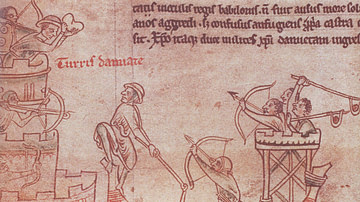
Definition
Fifth Crusade
The Fifth Crusade (1217-1221 CE) was called by Pope Innocent III (r. 1198-1216 CE) with the objective, like previous crusades, of recapturing Jerusalem from Muslim control; only this time the strategy was to weaken the enemy by first attacking...
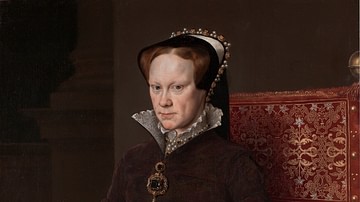
Definition
Mary I of England
Mary I of England reigned as queen from 1553 to 1558. The eldest daughter of Henry VIII of England (r. 1509-1547) with Catherine of Aragon (1485-1536), she restored Catholicism in England while her persecution of Protestants led to her nickname...
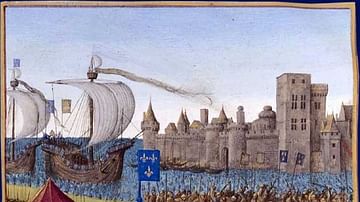
Definition
Eighth Crusade
The Eighth Crusade of 1270 CE was, like the Seventh Crusade (1248-1254 CE), led by the French king Louis IX (r. 1226-1270 CE). As previously, the idea was to attack and defeat the Muslims first in Egypt and then either reconquer or negotiate...
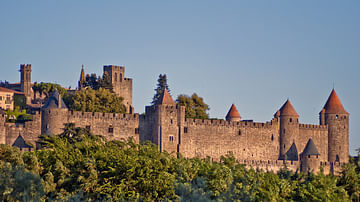
Definition
Albigensian Crusade
The Albigensian Crusade (aka Cathars' Crusade, 1209-1229 CE), was the first crusade to specifically target heretic Christians - the Cathars of southern France. Not successful in repressing the heresy, the on-off campaigns over two decades...
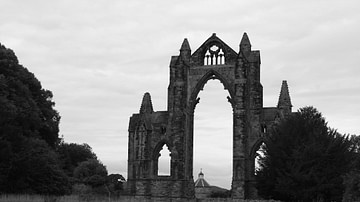
Definition
Dissolution of the Monasteries
The Dissolution of the Monasteries was a policy introduced in 1536 CE by Henry VIII of England (r. 1509-1547 CE) to close down and confiscate the lands and wealth of all monasteries in England and Wales. The plan was designed as a lucrative...

Definition
Council of Clermont
The Council of Clermont in central France was held in November 1095 and witnessed Pope Urban II's (r. 1088-1099) historic call for the First Crusade (1095-1102) to capture Jerusalem for Christendom from its Muslim occupiers. The Pope's speech...
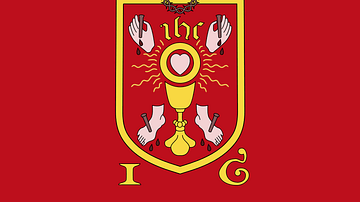
Definition
Pilgrimage of Grace
The Pilgrimage of Grace is the collective name for a series of rebellions in northern England, first in Lincolnshire and then in Yorkshire and elsewhere between October and December 1536 CE. Nobles, clergy, monks, and commoners united to...
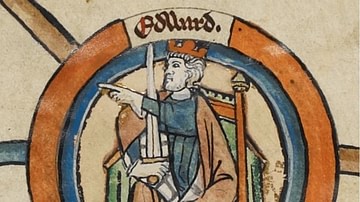
Definition
Edward the Elder
Edward the Elder (r. 899-924) was the son of Alfred the Great (r. 871-899) and the King of the Anglo-Saxons in the early 10th century. He is known for his military victories over the Vikings of East Anglia and the East Midlands and for consolidating...
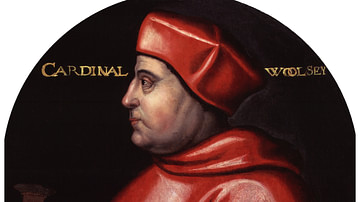
Definition
Thomas Wolsey
Thomas Wolsey, Cardinal Archbishop of York (l. c. 1473-1530 CE) served as Lord Chancellor to Henry VIII of England (r. 1509-1547 CE) from around 1513 CE to 1529 CE. Wolsey rose to become the most powerful man in England after the king, he...